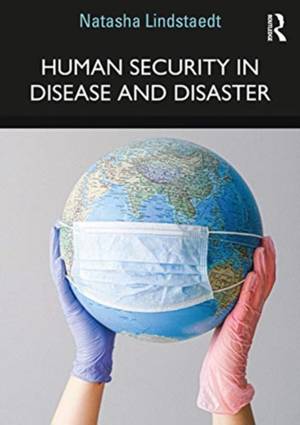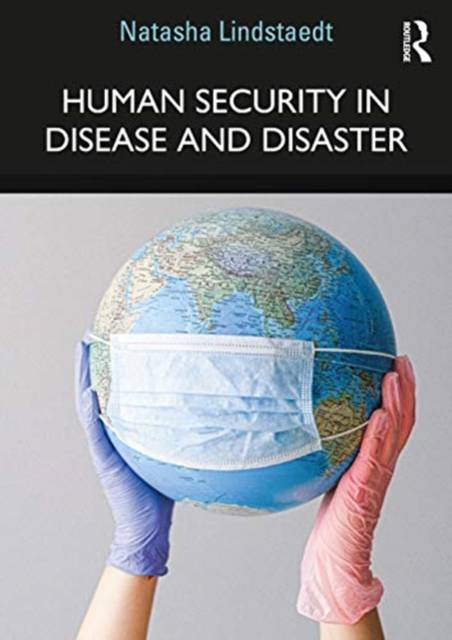
- Retrait gratuit dans votre magasin Club
- 7.000.000 titres dans notre catalogue
- Payer en toute sécurité
- Toujours un magasin près de chez vous
- Retrait gratuit dans votre magasin Club
- 7.000.000 titres dans notre catalogue
- Payer en toute sécurité
- Toujours un magasin près de chez vous
Description
This timely new textbook lays bare the ways in which disease and disaster can turn politicians into global leaders or national liabilities. It explains the impact of crises on development and human security and explores how states and societies can respond more effectively.
Written primarily for the student of politics, but also drawing from public health, public policy, and environmental studies, the book investigates the threats posed by disease and disasters, and demonstrates how states can shape the ways in which these crises unfold. Case studies include:
- Diseases such as Covid-19 and Ebola
- Natural disasters such as Typhoon Haiyan and the 2010 Haiti earthquake
- Manmade disasters such as the Yemen and Congo civil wars or famine
The book delves deep into how state response to these challenges can impact political and economic stability and ends by exploring the role played by international institutions and international cooperation in addressing common challenges.
This introductory textbook is perfect for undergraduate and masters courses exploring the expanding politics and human security issues surrounding disease and disasters. It will also be of interest to think tanks and policy communities looking for fresh insights to bring into professional practice.
Spécifications
Parties prenantes
- Auteur(s) :
- Editeur:
Contenu
- Nombre de pages :
- 376
- Langue:
- Anglais
Caractéristiques
- EAN:
- 9780367652975
- Date de parution :
- 20-09-21
- Format:
- Livre broché
- Format numérique:
- Trade paperback (VS)
- Dimensions :
- 174 mm x 246 mm
- Poids :
- 639 g







